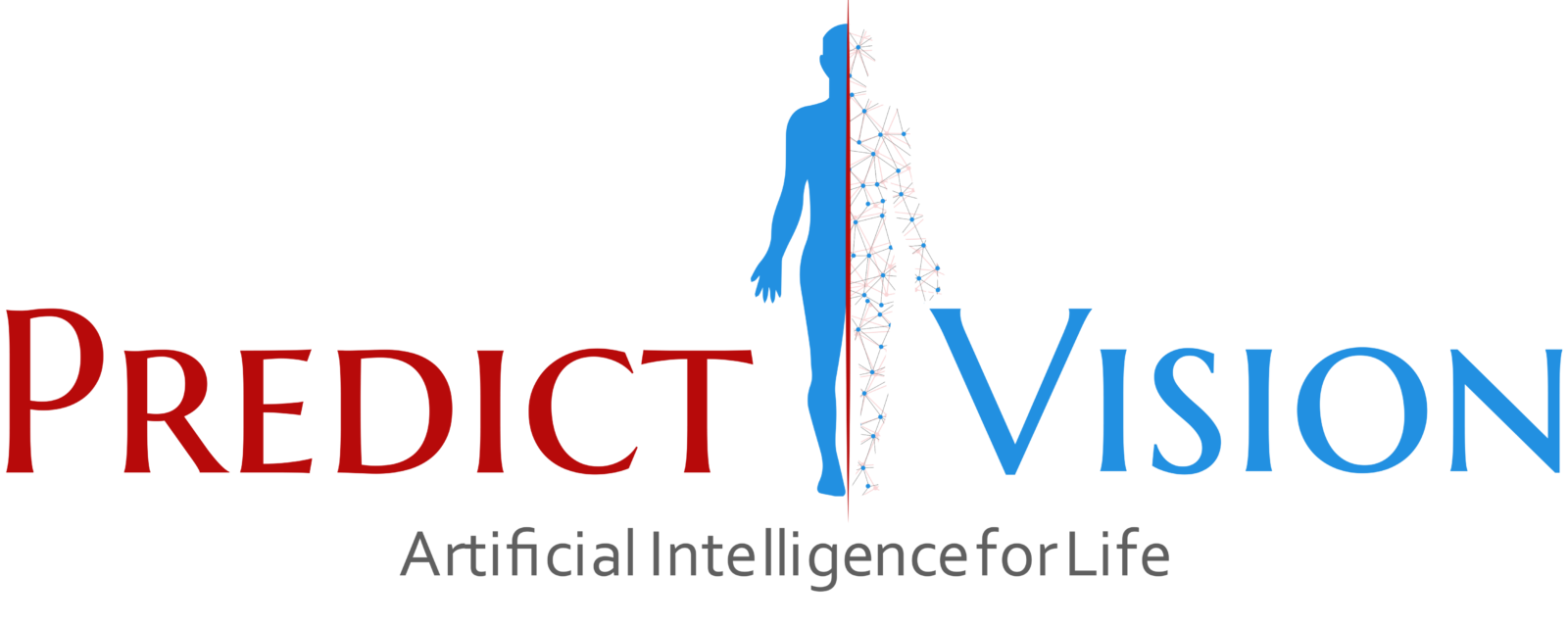
Unleashing the Power of AI in Healthcare: Benefits, Challenges, and Transformative Use Cases
In recent years, the integration of Artificial Intelligence (AI) into the healthcare sector has been revolutionary, offering a myriad of benefits while presenting its fair share of challenges. This blog post explores the profound impact of AI in healthcare, delving into its advantages, obstacles, and noteworthy use cases.
1. Benefits of AI in Healthcare
mproved Diagnostics: AI algorithms can analyze vast amounts of medical data, aiding healthcare professionals in quicker and more accurate diagnoses. This accelerates the treatment process and enhances patient outcomes.
Personalized Treatment Plans: AI’s ability to analyze patient data, including genetic information, enables the creation of personalized treatment plans. This tailored approach increases treatment efficacy while minimizing side effects.
Efficient Administrative Processes: AI streamlines administrative tasks, reducing the burden on healthcare staff. Automated scheduling, billing, and record-keeping contribute to a more efficient and cost-effective healthcare system.
Remote Patient Monitoring: AI-powered devices facilitate remote patient monitoring, allowing healthcare providers to track patients’ vital signs and health metrics. This not only improves patient care but also reduces the need for hospital visits.
“The greatest opportunity offered by AI is not reducing errors or workloads, or even curing cancer: it is the opportunity to restore the precious and time-honored connection and trust ”
2. Challenges in Implementing AI in Healthcare
Data Privacy and Security: The use of sensitive patient data raises concerns about privacy and security. Striking a balance between leveraging data for AI advancements and safeguarding patient confidentiality is a major challenge.
Regulatory Compliance: Healthcare is a highly regulated industry, and integrating AI requires compliance with numerous regulations. Ensuring that AI systems meet these standards while staying innovative poses a significant challenge.
Interoperability: Achieving seamless communication between different healthcare systems and AI applications is a hurdle. Interoperability issues can hinder the effective integration of AI into existing healthcare infrastructure.
Ethical Considerations: The ethical implications of AI in healthcare, such as bias in algorithms and decision-making, need careful consideration. Addressing these concerns is crucial for building trust among both healthcare professionals and patients.
3. Use Cases of AI in Healthcare
Medical Imaging: AI algorithms excel in interpreting medical images, aiding radiologists in detecting anomalies and providing more accurate diagnostic results.
Drug Discovery and Development: AI accelerates the drug discovery process by analyzing vast datasets, identifying potential candidates, and predicting their success in clinical trials.
Virtual Health Assistants: AI-powered virtual assistants provide patients with information, schedule appointments, and offer personalized health advice, enhancing the overall patient experience.
Predictive Analytics for Disease Prevention: AI algorithms analyze patient data to predict potential health issues, allowing for proactive interventions and preventive measures.
In conclusion, the integration of AI in healthcare brings forth a transformative era marked by enhanced diagnostics, personalized treatments, and streamlined processes. While challenges exist, addressing them will pave the way for a future where AI plays a pivotal role in revolutionizing healthcare delivery.


